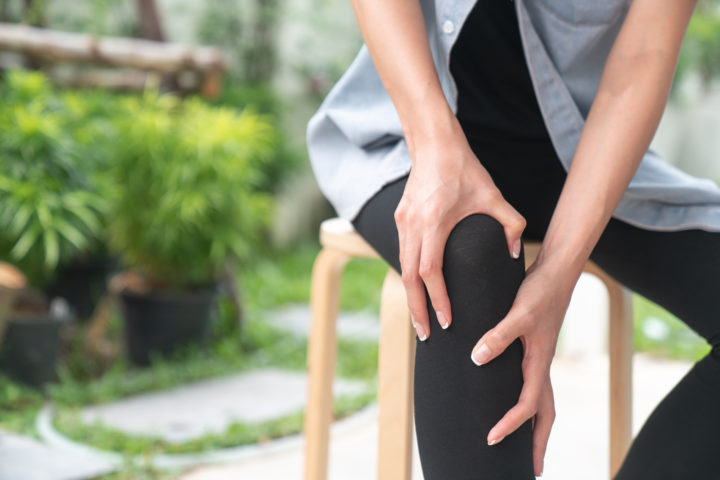For those who want to experience it, sexual pleasure (like other forms of self-care) can be a radical practice.
Take a moment to think about the ways you have learned about sex so far in your life. My guess is that for most readers, pleasure has not been a central part of these conversations. Some people’s earliest memories are those of parents or teachers shaming them for exploring their bodies, although some parents are working to change this.
In school health education, if we learn about sex at all, we usually learn about reproduction and not about pleasure. Think about if an adult had a serious conversation with you, at any point in your development, about masturbation or sexual activity with others. If they did, was the conversation positive? Did it acknowledge or validate pleasure as a legitimate and typical motive behind sexual activity? Did anyone ever talk to you in an educational and/or positive way about lube, sex toys, or porn? Most of us answer these questions with “no.” Most of us don’t even think about these questions.
It is no mistake that sexual pleasure is often omitted or negatively framed in our education about relationships, sex, and bodies. Our society is simultaneously terrified of and fascinated by sex and bodies – particularly certain types of bodies. Pleasure in general, but sexual pleasure especially, is seen as unimportant, undeserved, or unacceptable for most people, usually based on the marginalization of some aspect/s of their identity.
So – just what radical things are we doing when we prioritize sexual pleasure?
1. Reclaiming and Celebrating Identity
Our bodies are the front lines of our oppression, in all its violence and neglect. It is radical to recognize the desires of those whose bodies and experiences are devalued based on their gender identity, gender expression, race, color, size, age, (dis)ability (NSFW), sexual orientation, and more. Our liberation, then, can also be based in our bodies; and pleasure can be a powerful tool for individual ownership of someone’s identity and/or their body.
For example, we often think about pleasure-as-liberation in terms of the gender binary: basically, male pleasure is legitimized while female pleasure is not. While in many ways this is true, it’s not the whole story. This narrative ignores the experiences of trans and gender non-conforming people, as well as the complexities of intersecting identities (not all men are straight, white, cisgender, non-disabled, normatively attractive, etc.).
And when it comes down to it, even straight, white, cisgender, and otherwise privileged men are validated in their pleasure only within very narrow parameters, and often are not granted the tools that women may be given to talk about and process sexual experiences. It is a rare person who can’t benefit from unpacking and reframing the ways they’ve been taught to perceive their body and/or self.
2. Transcending Taboo
I mentioned our fear and fascination when it comes to sex; this combination gives rise to taboos, anxieties, and damaging messages. For many, if not most, accessing the kind of pleasure they want in sex or relationships requires breaking through those taboos – and what is this if not revolutionary?
This experience of rupture may be particularly true for folks whose practices and/or identities are not accepted in the mainstream, such as people who fall under the LGBTQ+ umbrella, who practice kink or BDSM, or who practice polyamory. Even within the range of sexual activity understood to be acceptable within the mainstream, people must overcome restrictions and shaming messages in order to access the freedom, agency, and communication that facilitate pleasure.
Conversations that shatter taboos, allowing people to say yes to what they want, also open up space for people to say no. That includes creating space for people on the spectrum of asexuality in conversations about sexual freedom. The key word here, as usual, is communication. We break through our society’s dangerous limits whenever we have open conversations about sex and sexuality with partners, family members, or our communities.
3. Knowing Yourself
There is power in knowing yourself, in loving yourself, and in recognizing that your body exists primarily to serve you rather than other people. To explore and experience sexual pleasure, you must first recognize your own desires and your right to explore them as long as no one is harmed in the process.
You are more than your body, and your body is yours. It’s harder to internalize these two statements than you might think, because most of us have, in some lasting way, been taught the opposite. As Sally Kempton says: “It’s hard to fight an enemy that has outposts in your head.”
Sexual pleasure is radical when it gives us individual ownership over our bodies separate from “productive” labor. It is radical when it validates our identities, and lets us know and care for ourselves and others. It is radical when it allows us to realize our pleasure through means that are somehow at odds with the narrow lens through which we are taught to view sex as “normal.” It is radical, not to mention extremely empowering, when it lets us push back on the idea that our identities make us less-than and instead find ways to love ourselves.
So come the revolution (pun very much intended). Each act of self-love and self-ownership brings us closer to a better world and a more content existence.




comments